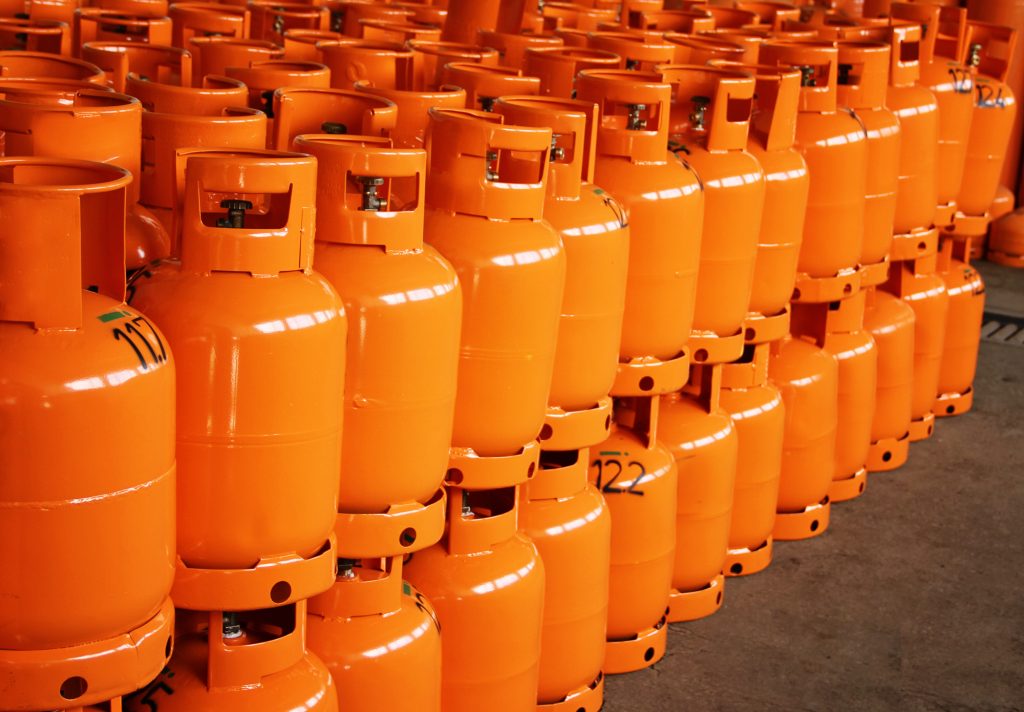Battle of the Giants : Propane vs Electric Heating Systems
The United States uses more propane than any other country in the world. Let’s settle the propane vs. electric debate once and for all.
Around 55% of the propane used in the United States comes from natural gas. Is propane better than electricity or vice versa?
The truth might shock you. Here’s what you should know about propane and electric heating systems:
Propane vs. Electric: Cost
You’re probably wondering, “Is gas cheaper than electricity?”
When it comes to electric heat vs. gas, you will pay about 4p/kWh (measured in kWh) to buy 1 unit of gas. A single unit of electricity costs about 15p/kWh. According to these averages, using gas is around 3 to 4 times cheaper than electricity.
According to the U.S. Department of Energy, heating a home with propane costs less than heating a home with an electric system. Propane costs about half as much as electric heat.
Propane water heaters cost about a third less to operate than electric water heaters.
Propane’s efficiency rating is around 90% whereas electricity’s efficiency is 100%. Natural gas only has 82% efficiency.
Overall, propane is the cheapest way to heat your home on a household budget. With that said, there are other things to consider:
Dependability
Propane is also more dependable than electricity. You can either have propane tanks above ground or hire a professional who does propane tank installs.
If severe weather conditions occur in your area, your electricity might get knocked out. Unless you have some kind of emergency generator, you won’t be able to heat your home, use a stove, or do anything else that requires electricity. However, propane power will still work fine in harsh weather conditions.
The weather is more likely to interfere with electricity than propane.
Environment
Propane heating systems are more green-friendly than electricity.
While propane is considered a non-renewable resource, it’s also non-toxic, lead-free, and non-harmful to water or soil. Propane has a low carbon content, making it produce less emissions than natural gas when burned.
Propane has a higher combustion point than gas. It won’t ignite unless it reaches 500 degrees Celsius/940 degrees Fahrenheit. Explosions and fires are less likely to happen with propane power.
The 1990 Clean Air Act even names propane as a “clean fuel” alternative.
Around 67% of electricity derives from fossil fuel in the United States. The other 39% of electricity comes from coal. Electricity is the single biggest contributor of greenhouse gas emissions in the United States.
The less you count on electricity, the smaller your ecological footprint will be.
Propane Means Power To The People
While 85% of homes in the United States use natural gas or electric heating, over 10% use heating oil or propane. Nonetheless, propane wins the propane vs. electricity debate.
Around 83% of homes with propane heating systems are in rural areas where natural gas distribution can’t reach. Wherever your home is, propane is the better option.
Upgrade your life and discover what more you can do for your home. It’ll blow your mind.

